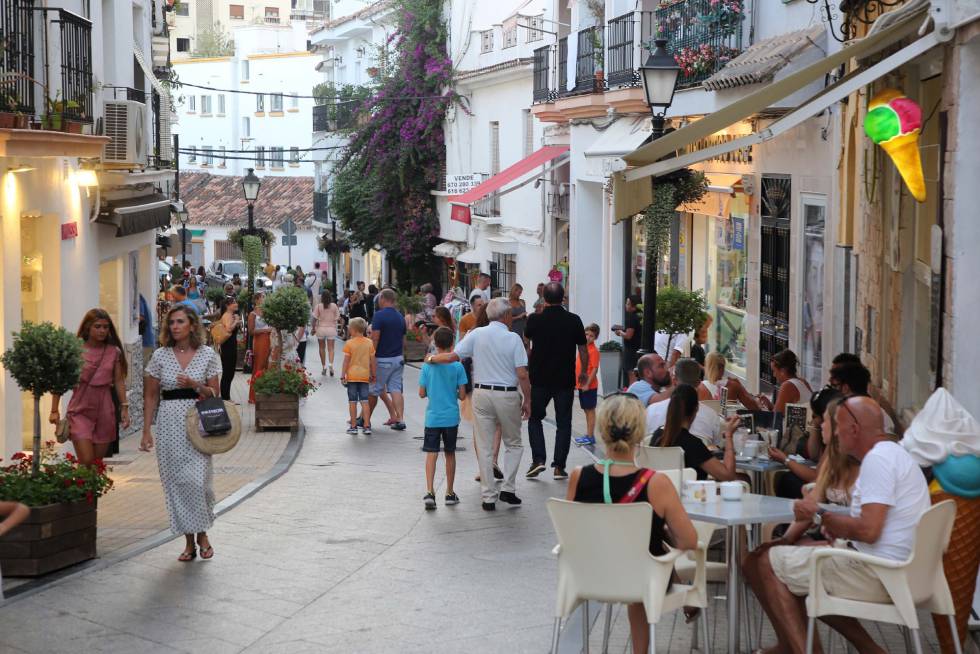
Europe’s rate of tourism growth seems to be slowing down in the course of 2019 as fears of a global economic slowdown and political uncertainty start to bite.
Instead of the six percent growth recorded in 2018 — or eight percent in 2017 — the European Travel Commission (ETC) expects a more modest rise of around 3.5 percent in international tourist arrivals this year.
However, given the time of year, it’s difficult to gauge where the continent stands. Most of the countries have only reported numbers for the first few months of the year and expect to see the bulk of their arrivals over the summer season.
Even so, there are a couple of destinations are worth highlighting in the ETC’s European Tourism: Trends & Prospects first-quarter report.
Montenegro — a relatively immature tourism market — leads the pack with a rise of 40.6 percent in international arrivals. Turkey is a long way behind in second with more modest growth of 7.4 percent and this follows from an impressive 2018.
Of the 20 markets that have reported figures for 2019, only five have reported a decline. Iceland’s continued cooling — down 4.7 percent between January and March —is probably to be expected given the struggles and subsequent collapse of the country’s second biggest airline, Wow Air. But it’s a remarkable reversal following years of explosive growth
Earlier this year, Gloria Guevara, president and CEO of the World Travel & Tourism Council, said she thought that Europe was “losing market share” and in a way that assessment makes total sense. It is a mature market and as Asian and African markets open up, they will gradually take a bigger slice of the tourism pie.
The ETC, which is responsible for promoting the continent as a tourist destination, has itself switched its marketing strategy from a volume to a value-based approach in 2019. This approach seems to be catching up across Europe.
Earlier this year, NBTC Holland Marketing, which is responsible for branding and marketing the Netherlands, released the final version of its Perspective 2030 tourism plan, which outlined a new vision for the country.
“If we want to manage the visitor flows and cash in on the opportunities that tourism offers, we have to act now. Instead of promoting the destination, it is time to start managing and developing it,” it said.
Seemingly wherever you look in Europe there is a tourist board moving away from a volume-based approach. Part of the reason has been the increasingly vocal opposition to tourism in some destinations. Rightly or wrongly locals see city and national governments as putting tourism GDP growth above the lives of the people who live in those places.
Travel Foundation, a UK-based charity released a study entitled “Destinations at Risk: The Invisible Burden of Tourism” in March and it shows just how big of an unintended impact tourism can have.